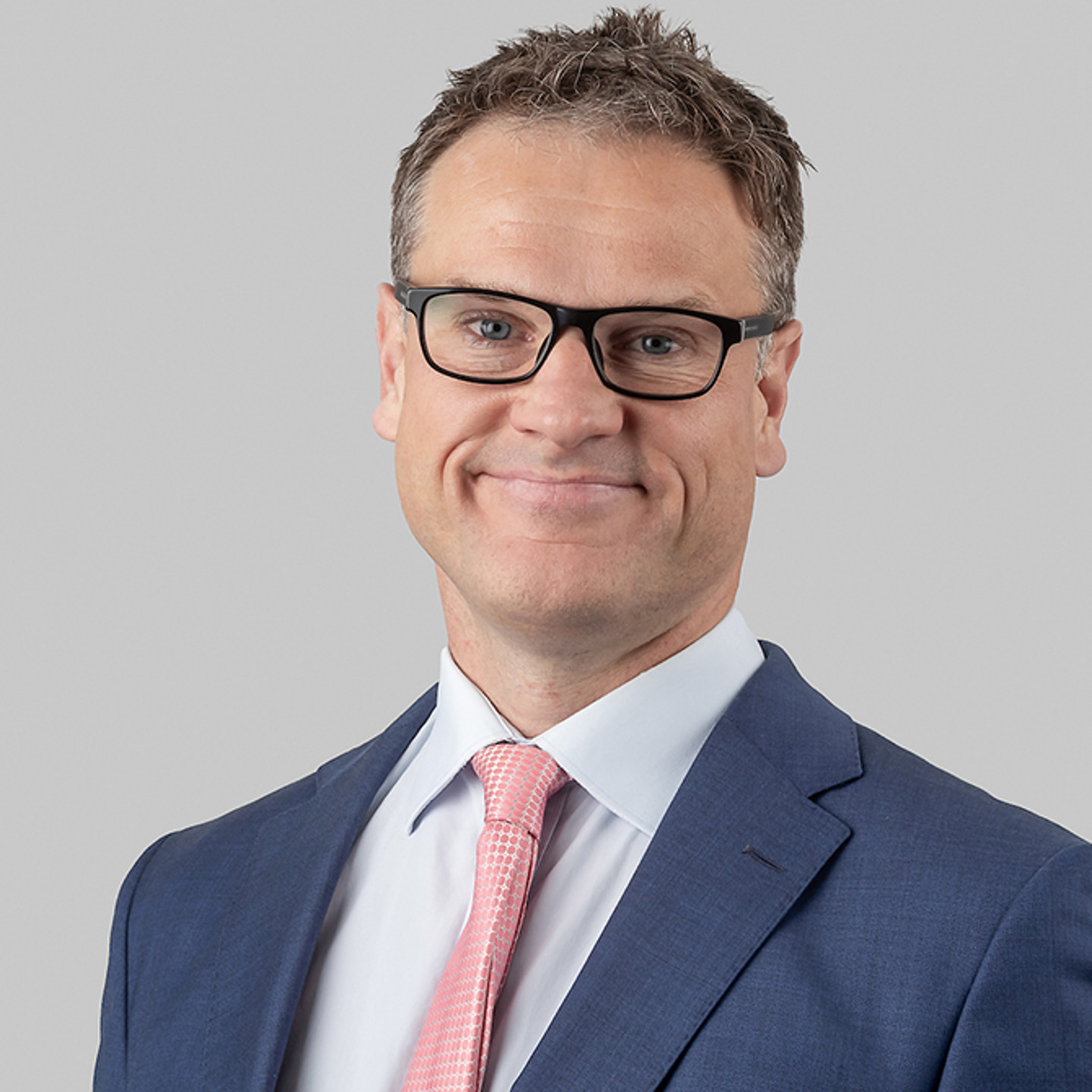
James Campbell
Partner | Legal
Jersey

James Campbell
Partner
Jersey
This article was first published in the Middle East 2019 report for eprivateclient.
How can clients and their advisers ensure that family businesses can survive and prosper in the region?
Family owned businesses are the engine room of the GCC economies. According to the PwC Business Survey 2016, they provide 60 percent of GDP and employ over 80 percent of the workforce. Many have grown rapidly taking advantage of simple decision making processes, light touch regulation, and little external competition.
However, compared to western economies many of these family businesses are relatively new in the sense that the patriarch still holds the reins in terms of control and the business has not had to deal with the thorny issue of succession and who will take over. Alternatively, for those that are longer established, there has been a transfer to the next generation and this may not have gone well.
Of course, there are multiple examples of family businesses in western economies failing to deal with the transfer of wealth to the next generation leading to protracted litigation, the material erosion of wealth and, in some cases, the failure or break up of the family business. The maxim of rags to riches in three generations is well known in western economies. Moving east in China the proverb 'Fu bu guo san dai', translates as 'wealth does not sustain beyond three generations'. Perhaps the issue we should be focusing on is what lessons can be learnt from the history of family owned businesses in longer standing economies to ensure that family owned businesses in the Middle East do not encounter the same pitfalls.
It is clear that family businesses have some fundamental advantages over publicly owned companies or even private companies with a disparate number of shareholders. Family businesses are usually able to take a longer term approach in their goals being more focused on the long term wellbeing of the family and less driven by short term shareholder demands. Further, with a limited number of decision makers, most family businesses are able to take decisions quickly and adapt to change rapidly (e.g. adopting technological change before competitors). However, whilst the lack of a central system of controls may assist a family business in its early years in being able to move fast it can also be a fatal weakness if there is no framework in place to deal with the transfer of the business to the next generation. There are many examples of power struggles which have followed the death of a founder which could have been avoided if the issue of family succession had been grappled with during his or her lifetime.
The key to preserving family wealth is avoiding family conflict and ensuring that the family business is equipped to tackle future succession, economic downturns, political instability and material technical advances. That is easy to say but how in practice is it achieved? What do families need to do to become long-term resilient families? There is no simple answer here or one size fits all approach as every family is unique but the practical answer is clear – families and those that advise them need to be robustly prepared and to anticipate the challenges ahead well in advance of the pivotal event.
For many founders discussions around giving up control over the family business and their own mortality are not palatable. However, these discussions need to be had and a framework put in place as early as possible. This framework is more commonly referred to as family governance which can be broadly described as the structures, rules and processes by which a family is able to govern themselves and their business.
Family governance is not as simple as taking an "off the shelf" legal solution which on paper works from a structural perspective with no consideration to the specific dynamics or culture of the family. These is a key emotional side to effective family governance which is often overlooked by the first generation. In order to be effective family governance needs to take into account all interested family members in the planning process and to be consistent with the existing family culture which is likely to have evolved over multiple generations.
Next-generation family members may have material issues surrounding fear of change, childhood rivalry and uncertainty over their entitlement versus participation in the family business. Early communication is fundamental. The planning process is key and an agreed vision amongst family members is essential to ensure the buy in and commitment of family members to the framework. The process is likely to take time and require a level of effort and commitment from all family members and professional advisers. What is clear is that family governance should not be the founder's vision imposed upon the next generation. A family constitution or charter is often a key document in laying down this framework but only once a family's vision, beliefs and values are agreed by all family members (so far as possible) to ensure future buy in. It is not a simple exercise to balance the needs of the family against the needs of the business but this balance and harmony between the two needs to be found if the business is to thrive and stand the test of time.
In Jersey, we are seeing Middle East families entering into differing degrees of family governance. Aside from family constitutions we continue to see the use of private trust companies as a method of retaining family control through the generations, with inventive use of voting rights and committees. The board of the PTC can comprise of family members, trusted family advisors and third party professional advisors. Founders increasingly want more control and family participation. To this end family members and trusted advisers with experience and knowledge of the family and the family business or other assets being transferred into trust can become board members of the PTC usually to sit alongside directors provided by the professional service provider. That all said for family governance to be effective long term it is fundamental that behind the scenes there is a real consultation and planning process with the family and not just the founder.
Ogier is a professional services firm with the knowledge and expertise to handle the most demanding and complex transactions and provide expert, efficient and cost-effective services to all our clients. We regularly win awards for the quality of our client service, our work and our people.
This client briefing has been prepared for clients and professional associates of Ogier. The information and expressions of opinion which it contains are not intended to be a comprehensive study or to provide legal advice and should not be treated as a substitute for specific advice concerning individual situations.
Regulatory information can be found under Legal Notice
Sign up to receive updates and newsletters from us.
Sign up